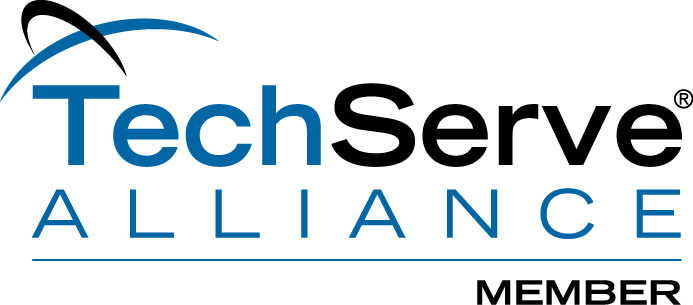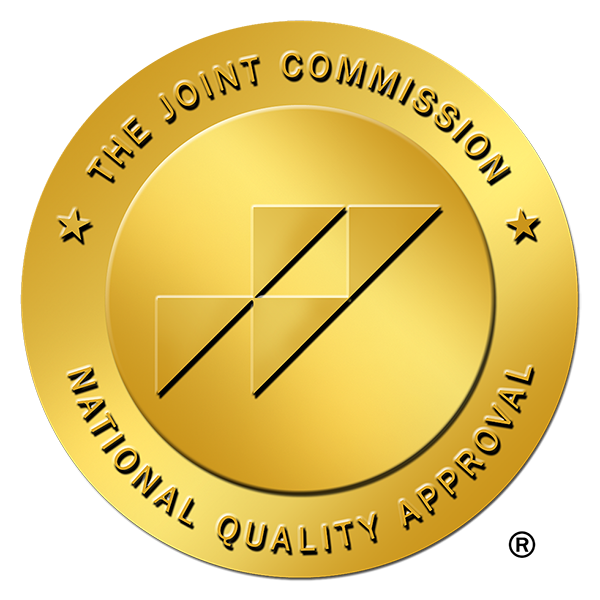We have been wondering about references lately and how valuable they are in the interviewing process. Should Hiring Managers rely on them when deciding whether or not to hire someone?
To get the answer, we went to the people on the front lines of the job interviewing process. Our Recruiters and Staffing Director. We asked them their thoughts on references and just how big a part they play in someone getting a job.
Here is what they had to say.
“I think references are important,” says our Recruiter Steve Svenda. “While they’re not always 100% objective (if coming from a close former colleague, personal friend, etc.), it does still give an outside perspective on the person. Some people that are more modest may not feel comfortable building themselves up as much as they should, given their experience and skills, and on the other hand, some people may not have as accurate a self-image of their professional self as they think. In that case, someone else can’t necessarily knock them down a peg, but give a little more honest of a profile.”
Steve also says that references become more valuable with the seniority of the job. The more senior the position is the more you want to know about a candidate before hiring them.
Our Recruiter Dan Metz suggests being more targeted in what you ask references. Especially because it is rare someone will give a bad reference.
“Most likely, you will never receive a bad reference because the candidate chose them and prepped them on what to say,” explains Dan. “If there is ever a question or a tie between candidates, these can be somewhat helpful. I always look to see if the reference is passionate with specific details about the candidate’s experiences/successes vs something generic like “they are a great person.”
We wanted to know who makes the best reference. Is it a supervisor or someone you worked directly with?
“A former supervisor and equal peer are the best to understand how and why (not if) they were successful,” says Dan. “For managers, always include a direct report.”
Direct reports can often provide more insight into a candidate than a supervisor can.
“A lot of times a reference from an employee that worked for an individual is more valuable than one coming from a past supervisor,” says Jon McKeever our Staffing Director. “They worked directly for the candidate and know their style, attitude and work ethic better than a supervisor who may or may not be in tune with the day to day workflow.
Then there are the superior references.
“One of the best references I ever had was from someone who rehired a candidate they once worked with at another company,” says Jon. “This reference was a slam dunk because they worked with the candidate once before and thought so highly of them that they rehired them for another job.”
Is there something more effective than references to help you get to know a candidate better?
“A really good, thoughtful interview that allows you to jive with the candidate can be better than talking to references,” says our Recruiter Mary Jane Byrd. “You don’t want to just ask standard interview questions that really only allow you to get to know a candidate on the surface level. You want to think about questions that get a candidate to open up and talk about themselves in a more personal way as opposed to just rambling off their resume.”
Steve also suggests looking at a candidate’s social media and LinkedIn profile pages. “In these days of massive social media, candidate’s Facebook, Twitter, Instagram, etc. may give a more personal perspective of the kind/quality of person you’d be bringing on,” explains Steve. “Professional sites like LinkedIn and technical sites like GitHub are also valuable to see how detailed, active, and/or technical a person may be.”
In the end though, references only get you so far. Steve sums it up best. “You can’t truly know 100% what kind of person or employee someone will be until they’re in the door and working.”





